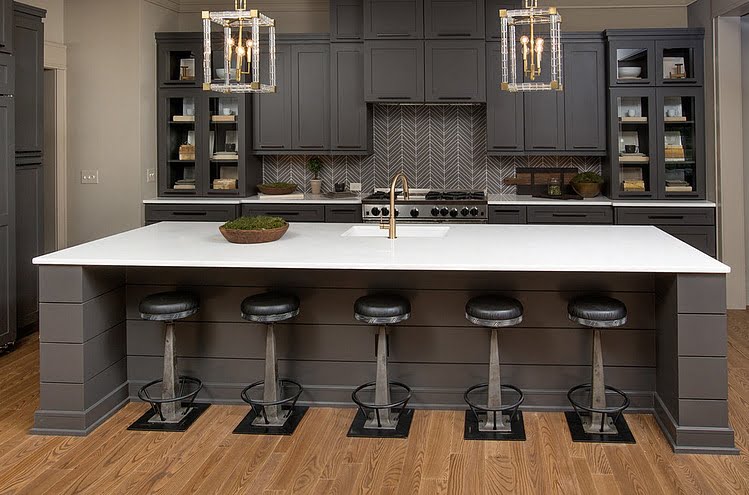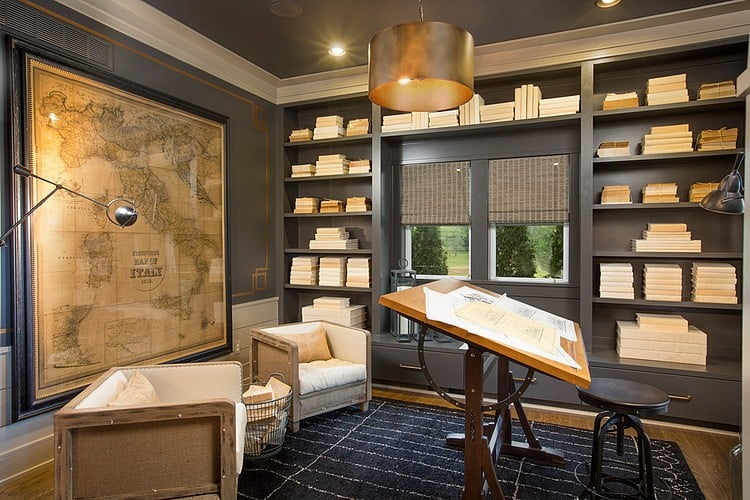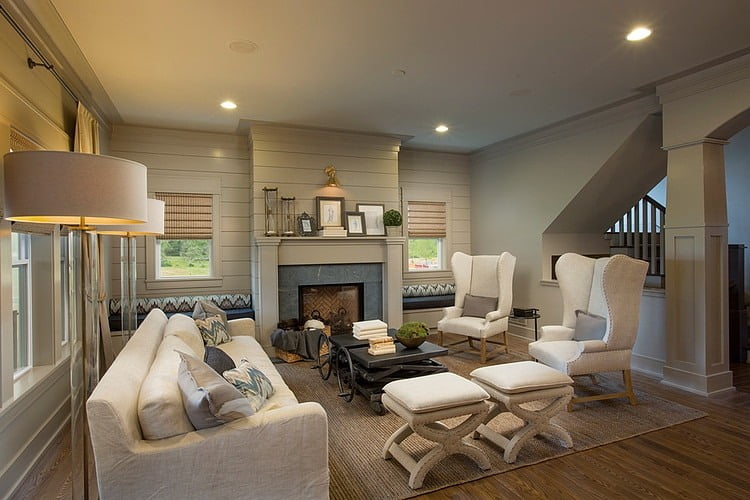The spacious and charming craftsman style homes have always been popular. The simple homes with custom details became popular in the 1800s during the Arts and crafts movement, and still, in current times, they are one of the most sought-after designs, especially for small bungalow-style homes.
Their timeless appeal and rich character are aptly showcased in their fine handicraft design. The warm and inviting feel of these homes starts from their exterior itself. Unlike their ornate and highly decorated Victorian-era structures, craftsman-style homes focus on the simplicity of form, visibility of handicraft, use of natural and local materials.
To put it simply, craftsman-style homes emphasize unadorned simplicity with usefulness. So, it’s no wonder that there is a huge demand due to its timeless appeal and functionality in the modern home architectural world.
If you’ve ever watched an episode of House Hunters, you know that Craftsman homes have an appeal that many people find irresistible.
The Craftsman Home Design Style
Whether you’re drawn in by the cute front porch, elegantly sloped roofline, or those oh-so charming architectural details, one thing is certain: this craftsman style’s popularity isn’t going anywhere. However, have you ever stopped to wonder what makes a Craftsman home so unique?
Here’s an in-depth look at what makes a Craftsman home just that, including the history behind how and why this architectural movement came into being. Plus, an overview of the distinct features that set this style apart. Read them over with an open mind, and by the time you’re finished, you’ll be more in love with these homes than ever before.
Why are Craftsman homes so popular?
The Craftsman’s popularity can be attributed to Stickley himself. He is thought to have been inspired by travels to Bengal, India, where he was first exposed to bungalow designs. When he returned, he published an article about them in his magazine, and many American architects followed his lead.
- Read more about Modern Bungalow Architecture with Internal Courtyard Pool
To him, the beauty of these bungalows was in their simplicity. Craftsman homes were meant for the working man. While Victorian homes-another popular style of the time-led with aesthetics, Stickley sought to create a design that put function first.
Craftsman bungalows are relatively modest. They’re small and easy to care for, which made their design particularly attractive to hardworking homeowners. Today, their popularity continues because of their functionality doubles as an added sense of charm.
Remember, most original bungalows were built by their owners, meaning that no two are exactly alike. Most feature unique details that are impossible to commission these days. In doing so, these homes have become an irreplaceable part of history.
History of the Craftsman home
Believe it or not, the credit for this beautiful style of architecture goes to a late nineteenth-century British social movement. At the time, Britain was experiencing an industrial revolution like no one had seen before.
The contrarian Arts & Crafts Movement, however, was all about rejecting this new, mass-produced construction style in favor of handcrafted products made by artisans.
Eventually, around the turn of the century, this movement made its way to America, championed by Gustav Stickley, founder, and editor of The Craftsman magazine. His publication sold blueprints for homes that were designed in the Arts & Crafts style, with the intention of making “serious architecture” accessible to the masses.
Originally, the term “Craftsman” was reserved for homes built from one of Stickley’s plans. However, it has since evolved to cover a specific architectural style.
Today, what we consider to be Craftsman homes do include some common identifying features, and yet, true to Stickley’s vision, each one also includes unique details, making the home more functional for its owners.
Defining features of Craftsman homes
Craftsman architecture opens up a wide range of decoration possibilities. You have endless décor possibilities ranging from traditional structure designs to more modern décor styles. Here are some craftsman house design ideas to take inspiration.
Even though Craftsman homes are known for their individuality, there are a few structural and aesthetic details that bring them together. You can identify these homes by the following:
Exterior details:
- Low-pitched rooflines, usually done in a hip or gable (triangular) style
- Wide, overhanging eaves
- Exposed rafters under the eves
- A covered front porch
- Pillars lining the entry
- Double hanging windows, which have separate panes of glass on the top and bottom
- Single, protruding dormers
Interior details:
- Prominent fireplaces
- Nooks and window seats
- Built-in storage
- Plenty of natural materials, such as wood
Craftsman-style decorating ideas are a good way to utilize and maximize space and make your home look spacious. You can easily adapt any or a few of the craftsman style décor features in your home to create a warm and comfortable vibe. What do you think of Craftsman homes? Do you hope to own one of your own someday?











Leave a Comment
You must be logged in to post a comment.